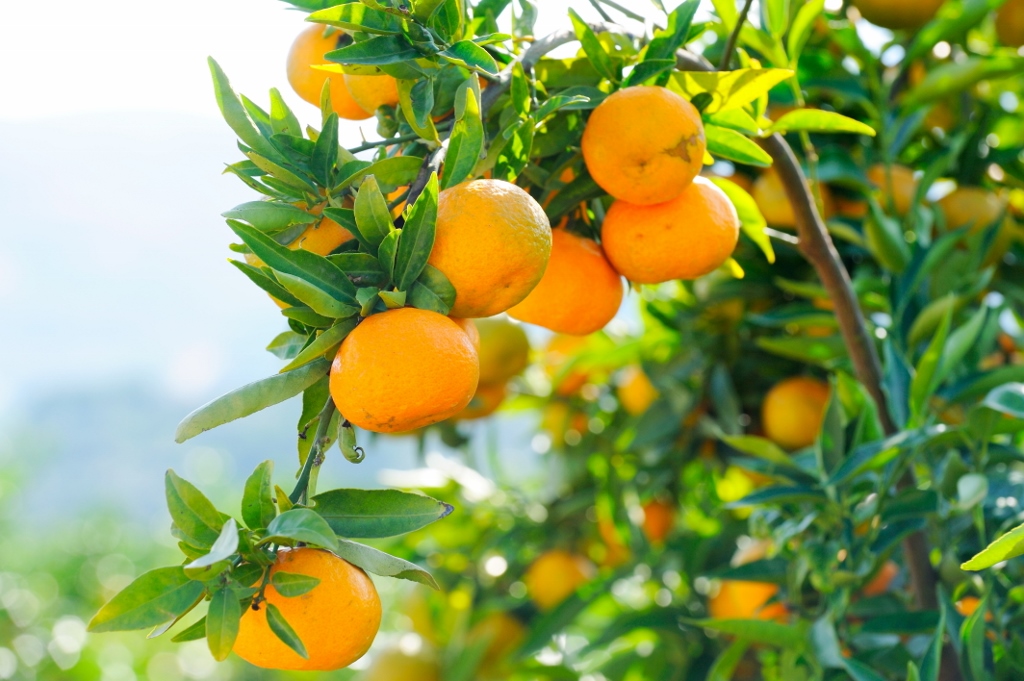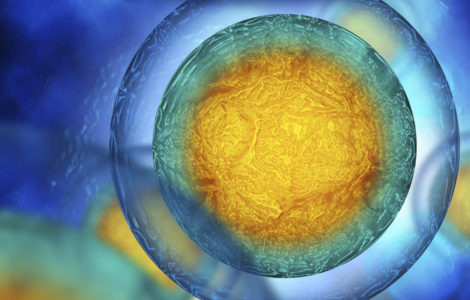There are strong safeguards in place in Australia, both for the kinds of chemicals that can be used on food, feed and fibre crops, and for the way those chemicals can be applied. These safeguards protect the health of all Australians, as well as the environment we depend upon.
All crop protection products have to be proven safe before they are registered for use in Australia, this includes assessment of human, animal and environmental exposure. Approved label directions are then applied to products to support their safe use.
There are also post-market compliance and monitoring systems in place such as the Australian Government’s National Residue Survey, FreshCare and other industry quality assurance programs enforced by Australia’s major retailers, ensure the safety of fruit and vegetables in terms of pesticide residue for sale in Australia.
Read more about the regulatory systems that keep your food safe.
In addition, CropLife member companies follow a strict code of conduct which requires a commitment to high standards of safety, stewardship and product quality. CropLife members must also comply with the United Nations International Code of Conduct on the distribution and use of pesticides.
As for food products derived from genetically modified (GM) crops, every legitimate scientific and regulatory body that has examined the evidence has arrived at the conclusion that approved GM crops and the foods derived from them are as safe as their conventional counterparts. This includes the World Health Organization; the Australian Academy of Science; the European Commission;
the American National Academy of Sciences and many more.
Read more about the ‘regulatory approval process for GM crops and food products’.
GM crops are the most intensively studied food ingredients in the history of humanity. It takes an average of 13 years for a new GM crop to be developed and approved. During that time, any potential risks to human health and safety or the environment are identified and managed. All GM crops have been subjected to at least a decade of testing, re-testing and independent verification before they are approved for commercial use.
Governments and international regulatory bodies from around the world have consistently found GM crops to be at least as safe as their conventionally grown counterparts. Research from 130 projects involving 500 independent research groups over 25 years has concluded: “There is, as of today, no scientific evidence associating GMOs with higher risks for the environment or for food and feed safety than conventional plants and organisms.”
See the report A decade of EU-funded GMO research.
Modern plant science also helps to protect the food you eat from moulds and fungi that are toxic to humans. Scientists have also developed a new breed of canola that is rich in omega 3, new breeds of wheat are in development that can help prevent bowel cancer and rice that is high in vitamin A to improve the nutrition intake of some of the poorest children has just been approved in the Philippines.
Find out more about future innovations in plant science.



